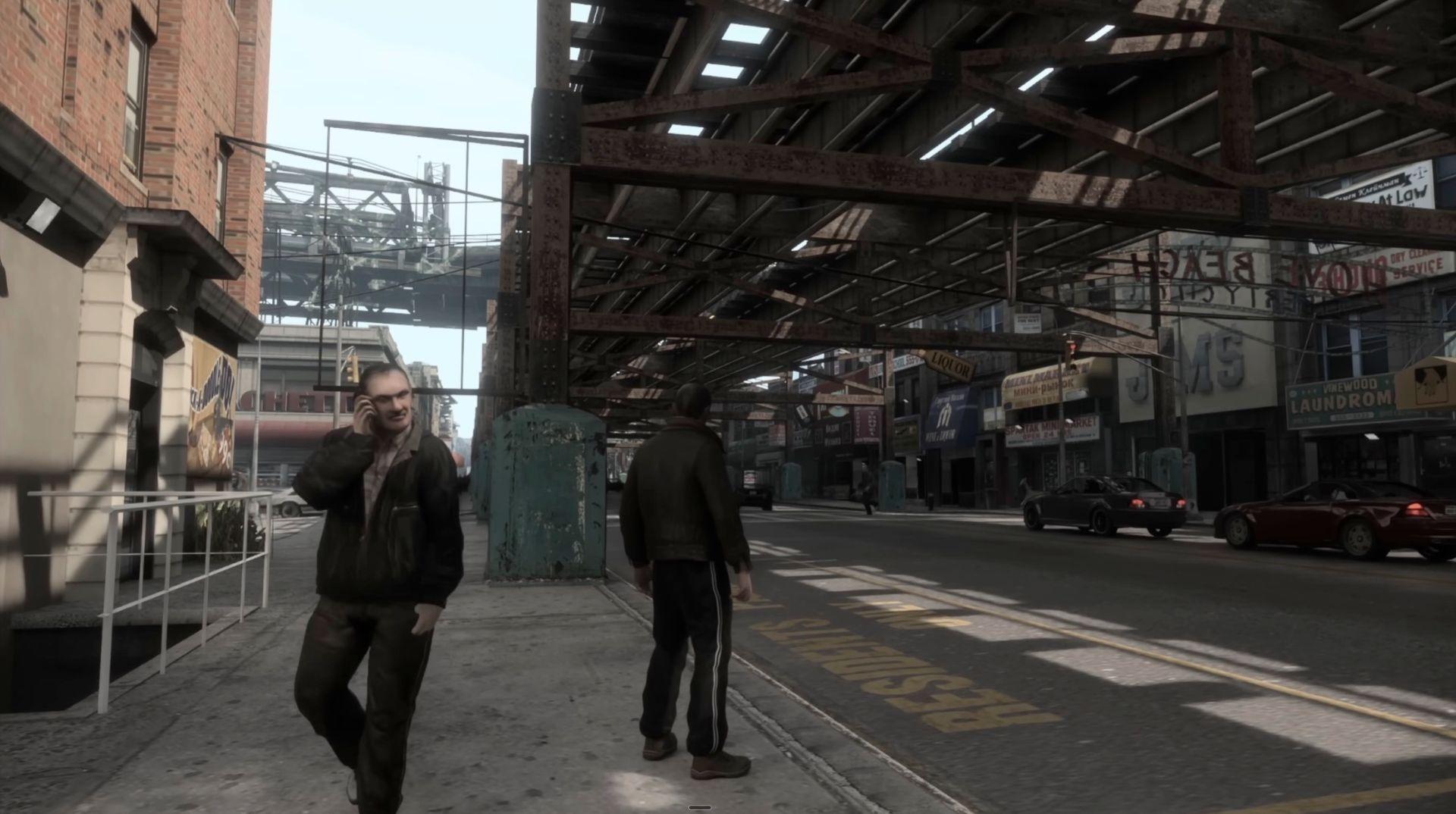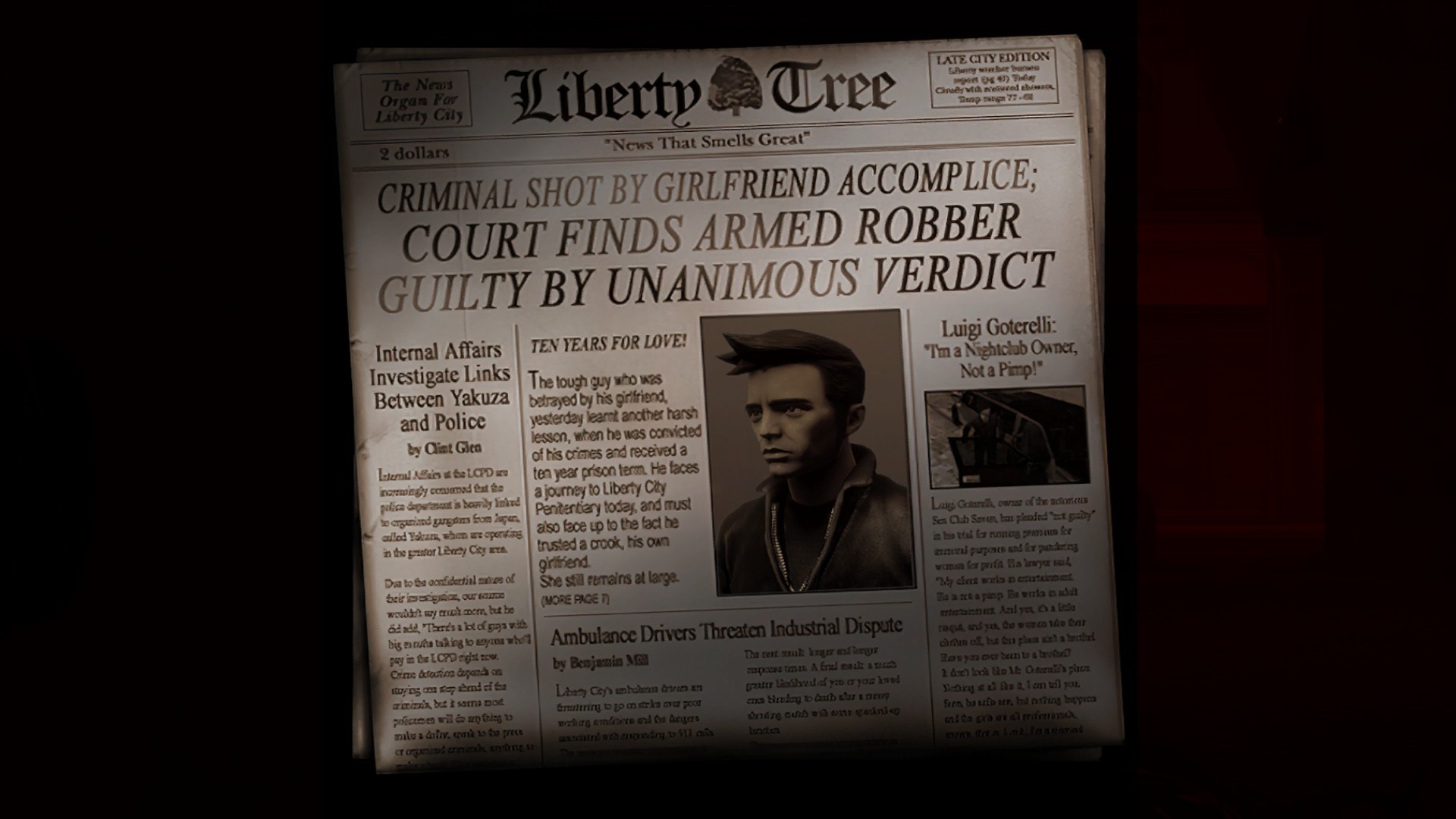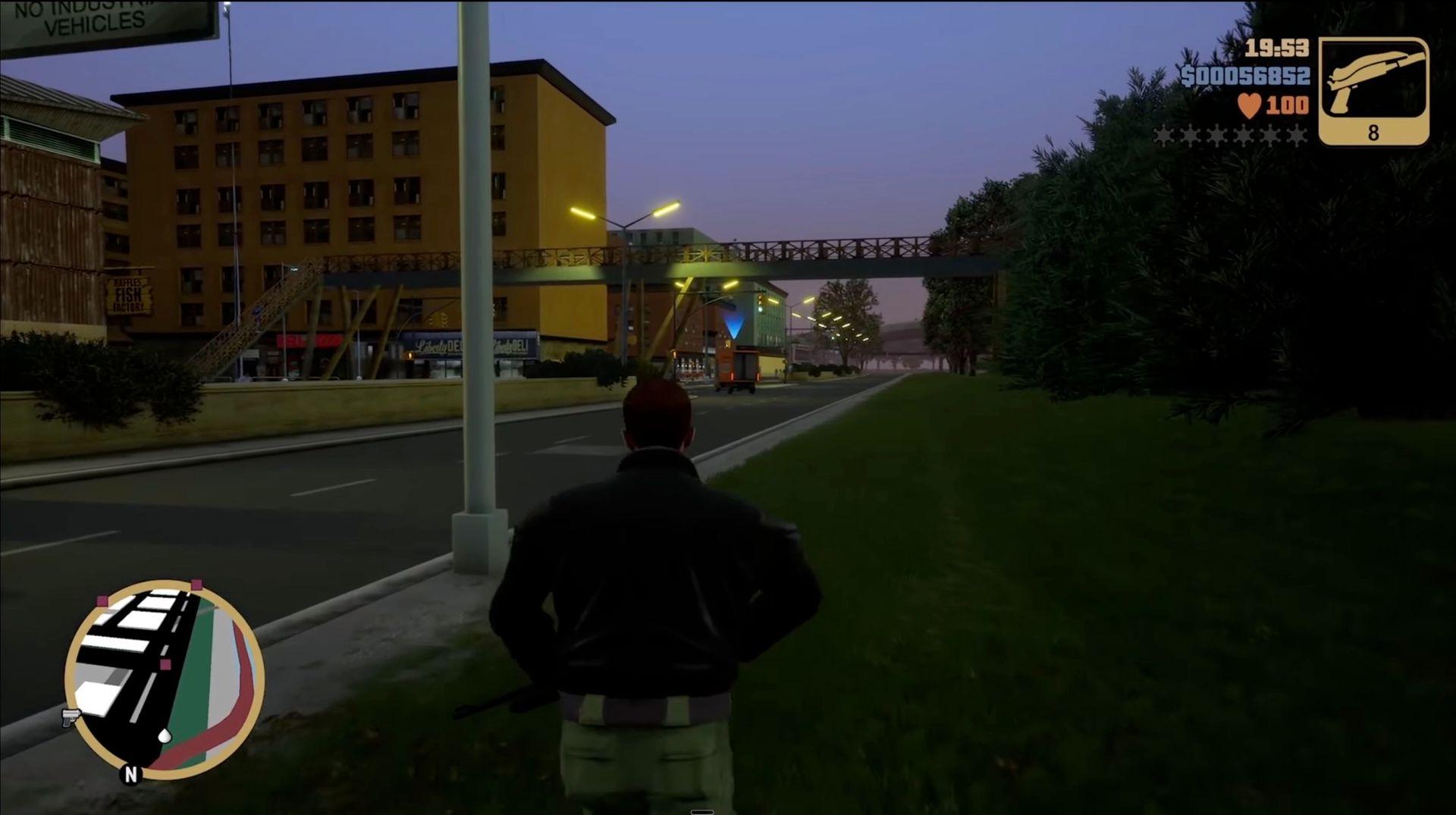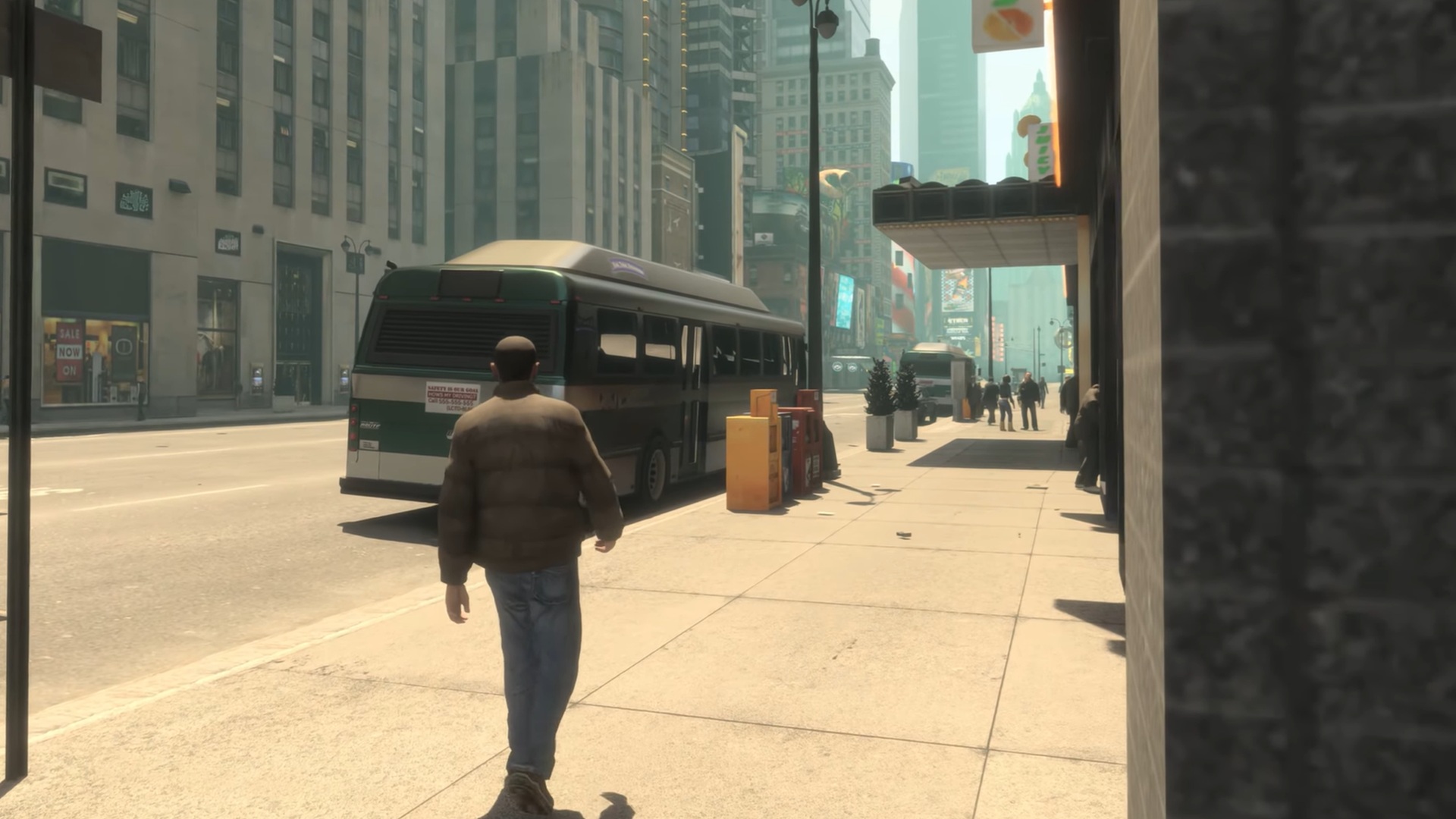Grand Theft Auto (GTA) is a video game franchise developed by Rockstar North (formerly DMA Design) and published by Rockstar Games.
The first game in the series was released on November 2, 1997, for the PC before it was ported to the PlayStation on December 14, 1997 and the Game Boy Color on November 22, 1999 by Tarantula Studios.
Rockstar Games co-founders Dan and Sam Houser, Aaron Garbut, and former Rockstar Games president, Leslie Benzies, would oversee the development of future Grand Theft Auto titles.
Including the numbered installments, expansions, and spin-offs, there are currently 17 titles released under the GTA banner.
Collectively, the GTA franchise has sold over 435 million copies, with multiple world gaming records, including:
- Most Guest Stars in a Video Game Series
- Largest Voice Case in a Video Game ( Grand Theft Auto: San Andreas)
- Largest In-Game Soundtrack ( Grand Theft Auto 4)
- Most Successful Entertainment Launch of All Time ( Grand Theft Auto 5)
- Most Viewed Videogame Reveal on YouTube in 24 hours ( Grand Theft Auto 6)
- Most Liked Videogame Trailer on YouTube in 24 hours ( Grand Theft Auto 6)
- Most Viewed YouTube video in 24 hours ( Grand Theft Auto 6) *Most Viewed Trailer in 24 Hours ( Grand Theft Auto 6 )
Historical Background and Development
The original Grand Theft Auto, released in 1997, emerged as a top-down, 2D action game that placed players in the shoes of a criminal navigating a fictional city, engaging in car theft, missions, and mayhem.
The game’s title itself is derived from the legal term for motor vehicle theft, immediately foregrounding its thematic preoccupation with crime and transgression
The series’ early years saw incremental improvements in graphics, mission structure, and world-building. However, by transitioning to a fully 3D, third-person perspective, Grand Theft Auto 3 revolutionized the industry by offering a living, breathing playground in Liberty City that players could freely explore, interact with NPCs, and pursue a nonlinear path through a complex narrative web.
Subsequent titles, such as Grand Theft Auto: Vice City and San Andreas, expanded on this template, each introducing new settings, characters, and mechanics.
The HD era marked another leap in fidelity, ambition, and narrative depth. Grand Theft Auto IV and GTA V featured richly detailed environments, sophisticated AI, and intricate storylines that blurred the line between video game and cinematic experience.
Grand Theft Auto 6 is the next entry in the series. It is currently scheduled for release in Fall 2025. Take-Two Interactive CEO Strauss Zelnick describes GTA 6 as a game that will set a new "creative benchmark" in the entertainment industry.
Cultural Impact and Controversies
From its earliest days, GTA has been a lightning rod for controversy, attracting criticism for its depictions of violence, criminality, and social deviance. High-profile incidents, such as the “Hot Coffee” mod scandal have fueled debates about censorship, artistic freedom, and the social responsibilities of game developers.
On the other end of the spectrum, GTA has inspired countless imitators, established the template for open-world design, and introduced millions of players to the possibilities of emergent, nonlinear storytelling.
The franchise’s commercial success is equally notable. GTA V, for example, shattered sales records upon release, becoming one of the highest-grossing entertainment products of all time.
The series’ ability to provoke, entertain, and challenge players has made it a subject of academic study, legal debate, and artistic analysis.
Legacy and Contemporary Relevance
Contemporary relevance is maintained through ongoing updates, remasters, and the persistent world of GTA Online. The series’ ability to adapt to new technologies, respond to player feedback, and anticipate cultural trends has cemented its status as a touchstone of both gaming and popular culture.
By continually pushing the boundaries of what games can achieve—technically, narratively, and thematically— GTA has secured its place as one of the defining works of contemporary popular culture. Its impact will continue to be felt, analyzed, and debated for years to come, both within the gaming community and beyond.






